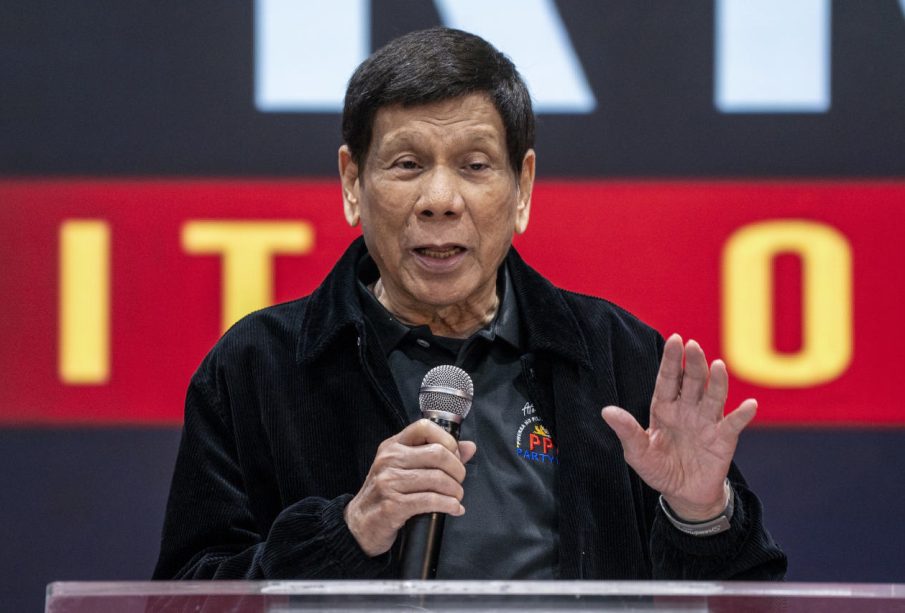Understanding the ICC Warrant Against Former President Duterte

Introduction: The Significance of the ICC Warrant
The issuance of an International Criminal Court (ICC) warrant for former Philippine President Rodrigo Duterte has reignited discussions on accountability and human rights violations in the country. This warrant, stemming from the controversial anti-drug campaign that Duterte implemented during his term, is a critical reminder of the global scrutiny surrounding leaders’ conduct and the obligations countries hold under international law.
Details of the ICC Investigation
The ICC’s preliminary examination, which began in 2018, evaluated the allegations of widespread extrajudicial killings linked to Duterte’s war on drugs that reportedly led to thousands of deaths. The ICC has indicated that it believes crimes against humanity may have occurred under Duterte’s leadership. In September 2021, the court officially opened a formal investigation following a lengthy review process of the evidence provided by human rights organizations and the Philippine government’s responses.
Reactions from the Philippines
In response to the ICC warrant, Duterte’s administration has dismissed the accusations, asserting that the court has no jurisdiction over the Philippines, especially since the country withdrew from the ICC in 2019. Presidential spokesperson Harry Roque has stated that they would not cooperate with the ICC due to what they describe as a biased and politically motivated investigation.
However, various human rights advocates and opposition members within the Philippines have welcomed the ICC’s involvement, seeing it as a necessary step toward justice for the victims of the drug campaign. Organizations such as Human Rights Watch have reiterated the importance of accountability at the international level, warning that failing to scrutinize Duterte’s actions could set a dangerous precedent for future leaders.
International Community Response
The international response to the ICC warrant has been mixed. While many human rights organizations applaud the ICC’s actions, some nations are cautious, highlighting the need for dialogue and respect for national sovereignty. The United States has expressed support for human rights in the Philippines but has not taken a definitive stance on the ICC’s warrant.
Conclusion: The Path Forward
The ICC warrant against Duterte reflects a broader commitment to uphold human rights and ensure accountability for leaders accused of grave violations. As investigations unfold, the global community will be watching closely. The implications of the ICC’s actions could resonate beyond Duterte, potentially influencing how future leaders approach governance and human rights. For the Filipino people and the international community, this situation serves as a pivotal moment to reflect on the importance of justice and the rule of law.









